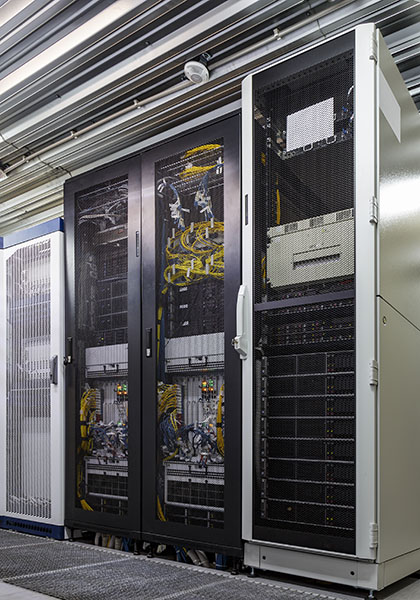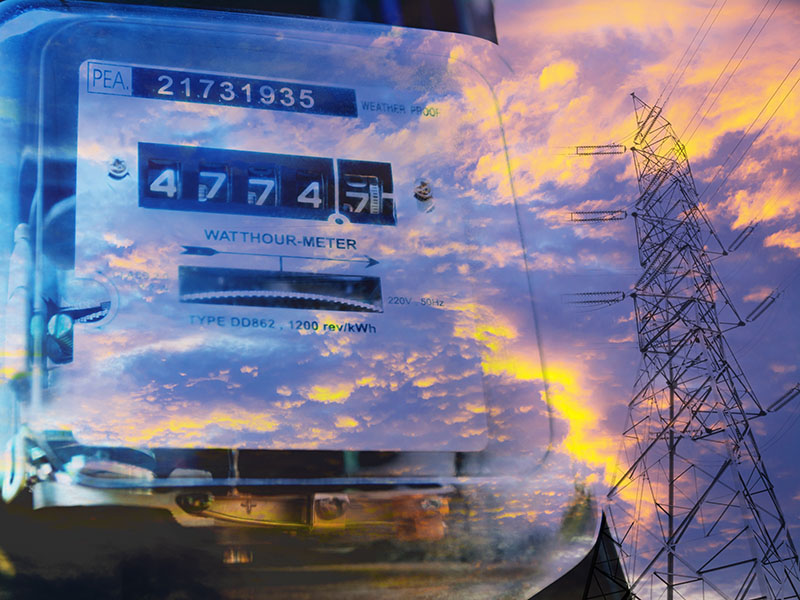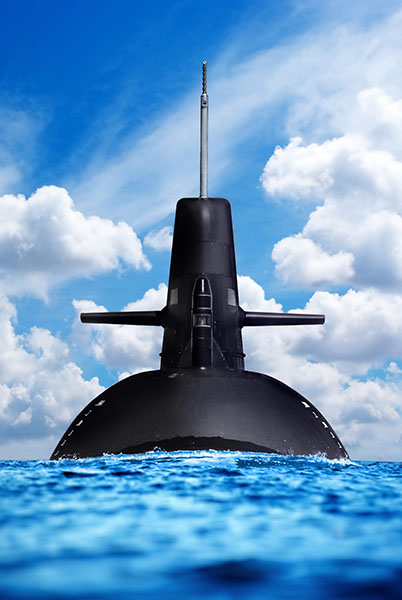our history
Did you know that Alessandro Volta relied on zinc to build the world’s first battery two Centuries ago? Or that the father of electricity, Thomas Edison, patented a NiZn battery in 1901? And that zinc is considered by many to be the leading chemistry beyond lithium?
Our Story
Over the Years
1800
1836
The first practical battery with relatively long life, the Danielle Cell, is invented. Also based on zinc chemistry.
1866
1885
First Secondary ZnBr Battery patented
US Patent No. 312,802 describes the function of a secondary electric battery using a nearly-saturated solution of zinc bromide as electrolyte and a zinc plate as negative pole and a perforated carbon plate as positive pole.
1886
1901
Thomas Edison Patents NiZn Battery
Thomas Edison patents the first NiZn battery. Edison also focuses on zinc in experiments with Zinc Air and Zinc-Copper batteries, utilizing them to power inventions such as his phonographs, railway signals and electric fans.
1959
Eveready Comercializes Alkaline Battery
The alkaline battery is commercialized by Eveready (later renamed Energizer). It is built on a powdered zinc anode and is a major improvement on lifespan over zinc carbon batteries. To this day, more than 80% of batteries in the US use a variation of this alkaline chemistry.
1973
Zinc-Bromine Hybrid Flow Battery Developed
A hybrid flow battery system is developed by Exxon, using a zinc-bromine chemistry.
1993
NiZn Technology Breakthrough at Stanford University
A breakthrough in NiZn technology is achieved at Stanford University, with an improved electrolyte. This solves issues that had dogged Edison in his work and all others to follow.
2000
NiZn Batteries Commercialized
A California company is the first to commercialize Nickel-Zinc batteries. This is made possible by a major breakthrough out of Stanford University – improving upon the electrolyte and solving issues that had hindered these batteries since the first produced by Edison. Thousands of installations of nickel-zinc batteries have followed.
2012
Large Format Zn Air Batteries Commercialized
The first large-format zinc air batteries are commercialized, although the technology has been used for decades in small applications such as hearing aids. With a very high theoretical energy density, they have been described as “Arguably the only technically and economically viable solution for fast-charging EVs in the future.”
2010-2020
Zn-Based Battery Chemistries Gain Market Traction
A number of other intriguing technologies emerge – such as rechargeable large format Zn-Mn, Zn-ion, and others. These technologies each have a niche and are being developed to support some of the greatest issues of our time – including renewable energy, electric vehicles and data center proliferation.
2020
Zinc Battery Initiative Launched
Zinc producers and zinc battery manufacturers join together to launch the Zinc Battery Initiative; a partnership to raise awareness of the many safety, performance and sustainble advantages of zinc batteries.


Become Part of Our story


